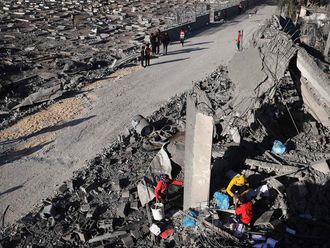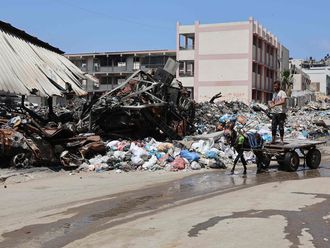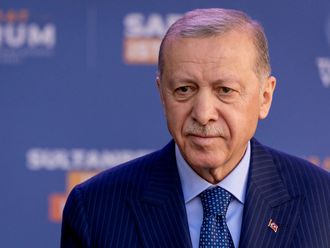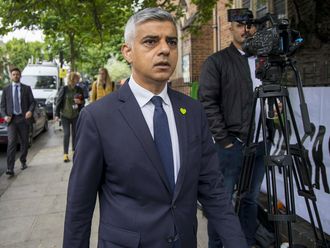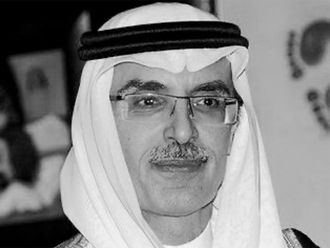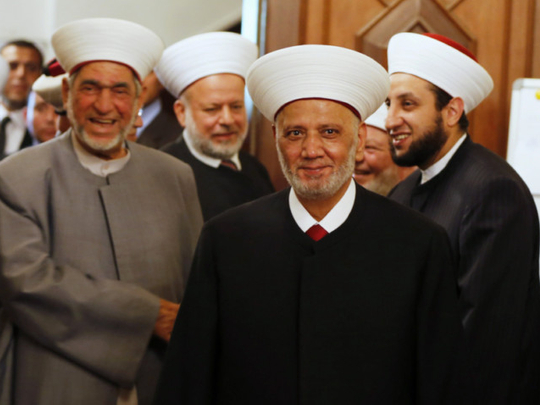
Dubai Newly elected Grand Mufti Abdul Latif Daryan, called for modernisation in a speech on Sunday and criticised extremisim. “The elections express the strong will of all Muslims in Lebanon to confront the problems and straighten the course,” he pointed out. Daryan, 61, was unanimously elected as the country’s new Grand Mufti of Lebanon on Sunday. Daryan received 74 of the votes of members while 9 others voted for the Head of the Sunni Court in Baabda, Judge Shaikh Ahmad Darwish Al Kurdi, 8 cast blank ballots and 2 votes were canceled. Former Grand Mufti Shaikh Mohammad Rashid Qabbani hailed the election of Daryan and will officially hand over his tasks on August 15. Daryan promised there would be renewed cooperation between the Mufti and the Higher Islamic Council, effectively ending a three-year war between the two Higher Islamic Councils. Qabbani, who succeeded in 1996 former grand mufti Hassan Khaled , who was assassinated in 1989, had previously rejected the election of Daryan as his successor. The electoral body includes four current and former premiers, 27 lawmakers, four ministers, in addition to muftis of governorates, religious judges, the members of the HIC and the Muslim Scholars Committee. Several Muslim Scholers Committee members held a sit-in outside Dar Al Fatwa, demanding clerics to assume their responsibilities and removing all guardianship ship imposed on the Sunnis highest religious post. Last week, Lebanese Prime Minister Tamam Salam called on the Higher Islamic Council to elect a new Grand Mufti on August 10, a decision that surprisingly received the blessing of Qabbani. He also asked the head of Dar Al Fatwa’s Islamic Endowments, Shaikh Hisham Khalifeh, to post the decree’s stipulations at the entrance of Dar Al Fatwa, and to take all necessary administrative procedures in this regard. Qabbani’s approval came in light of recent negotiations over the Dar Al Fatwa crisis, in an attempt to unite Muslims, and in response to the Egyptian initiative which received the blessing of Arabs.


